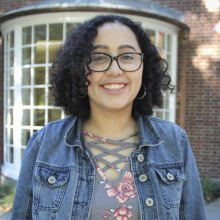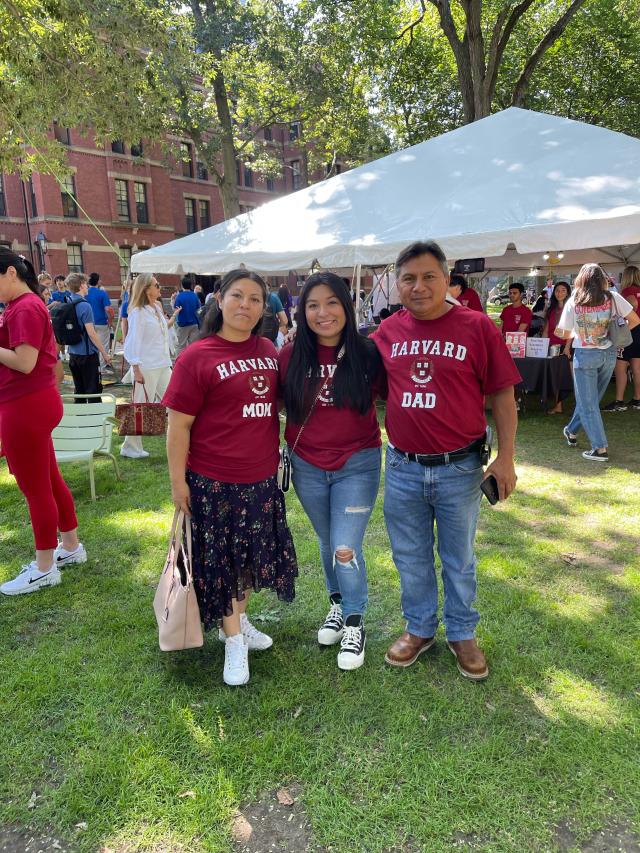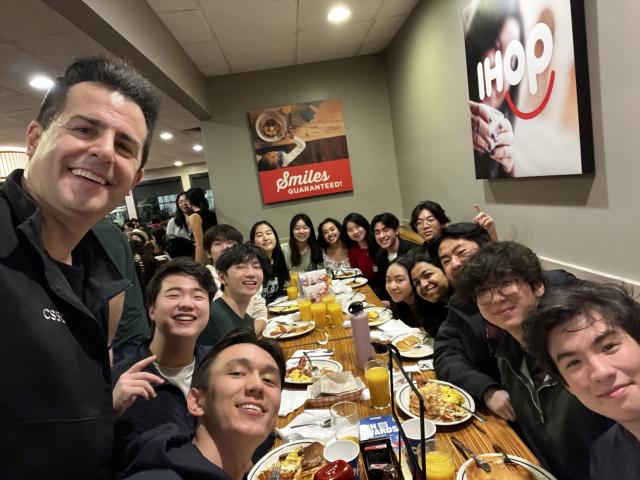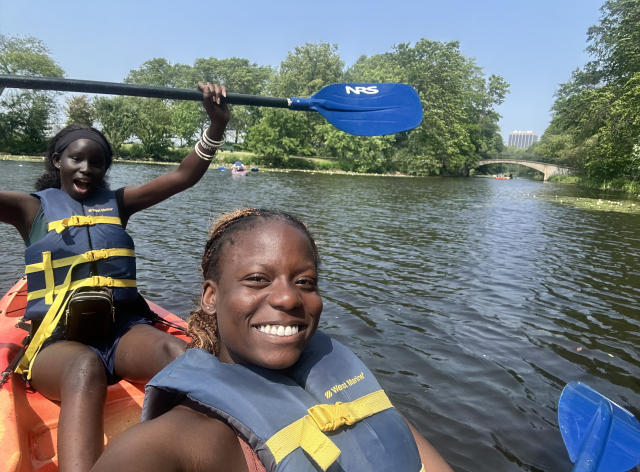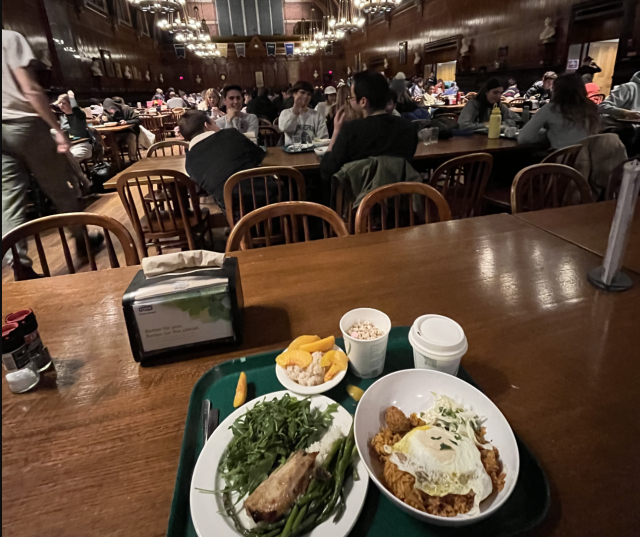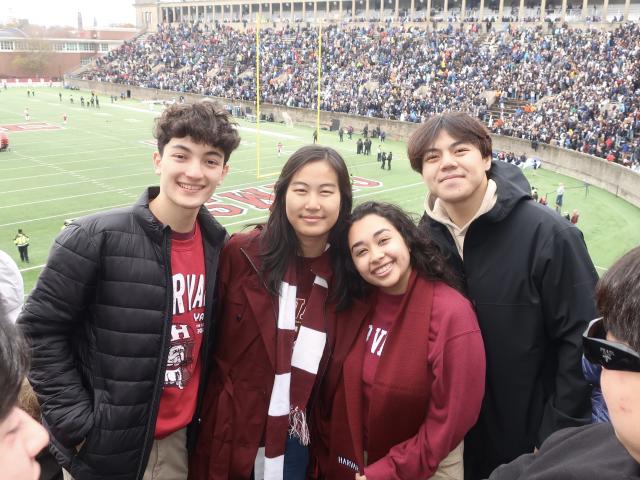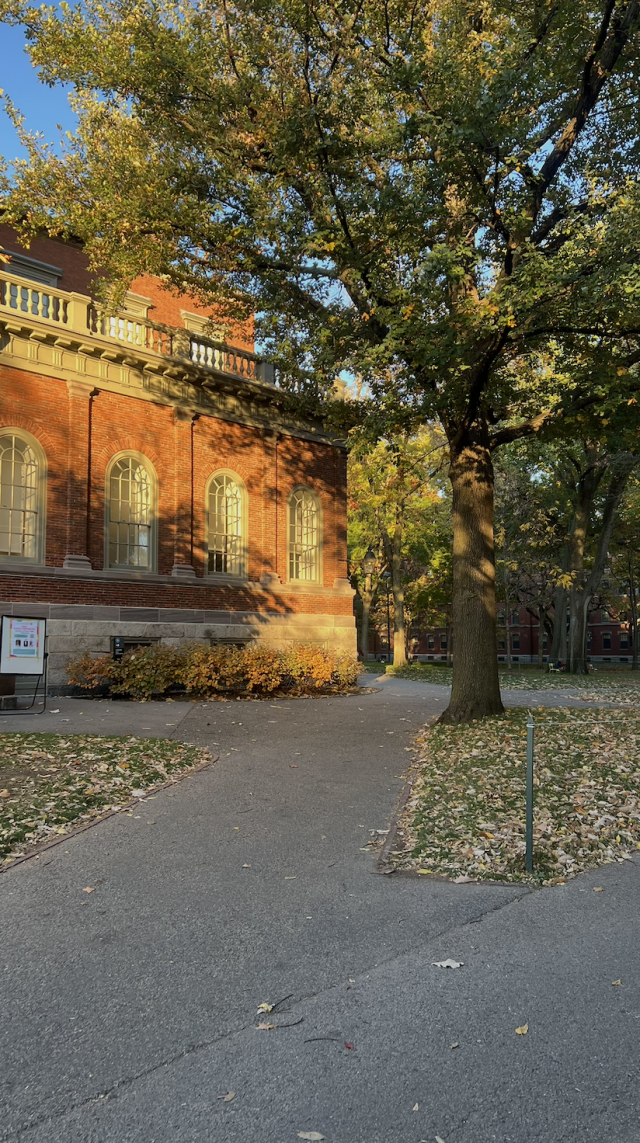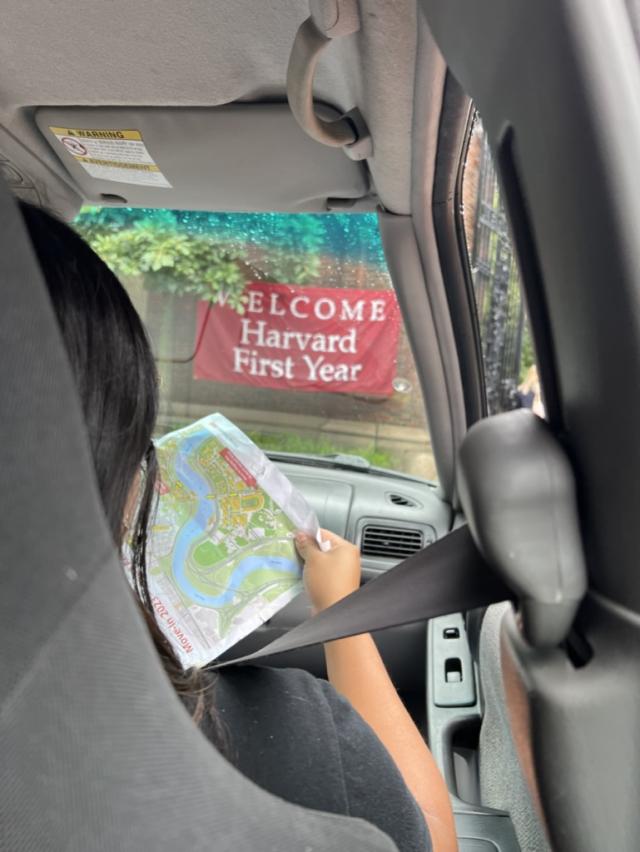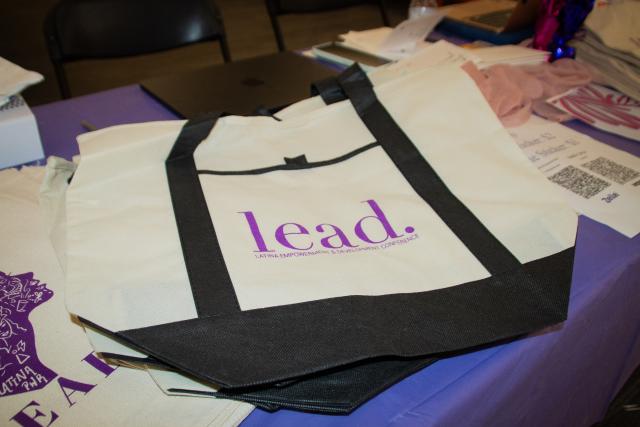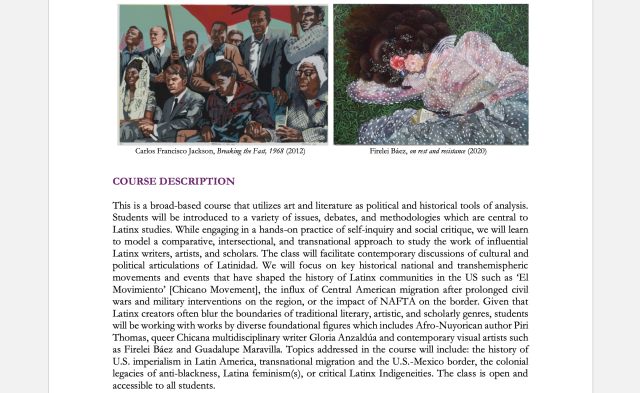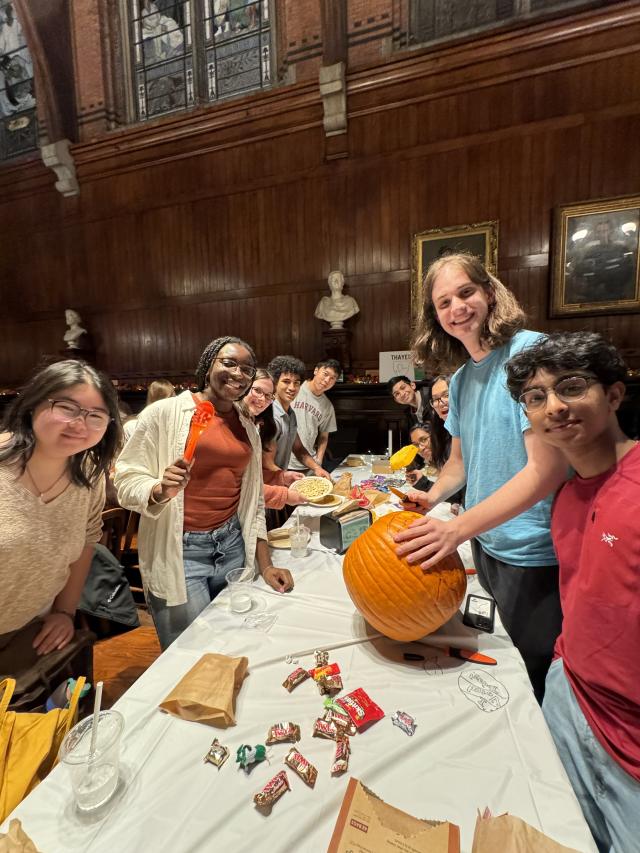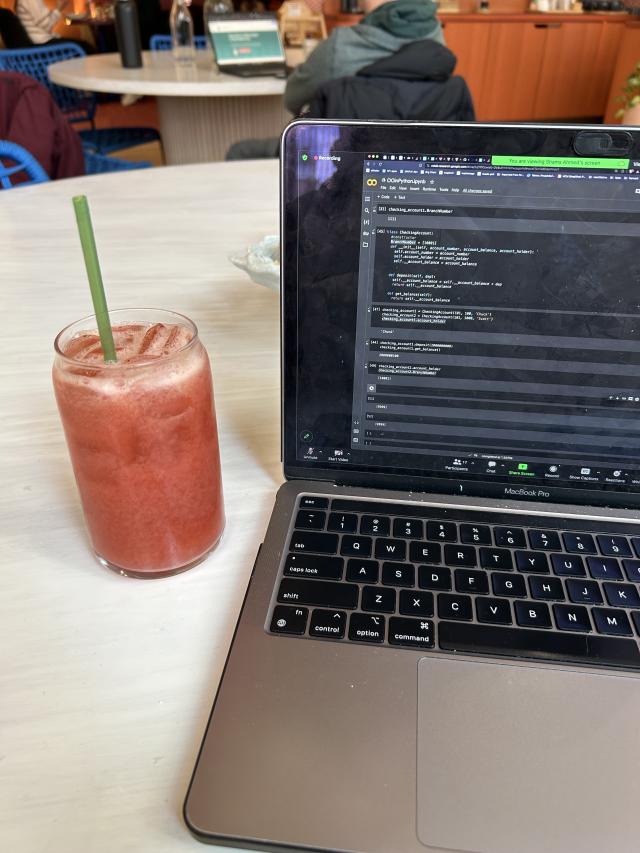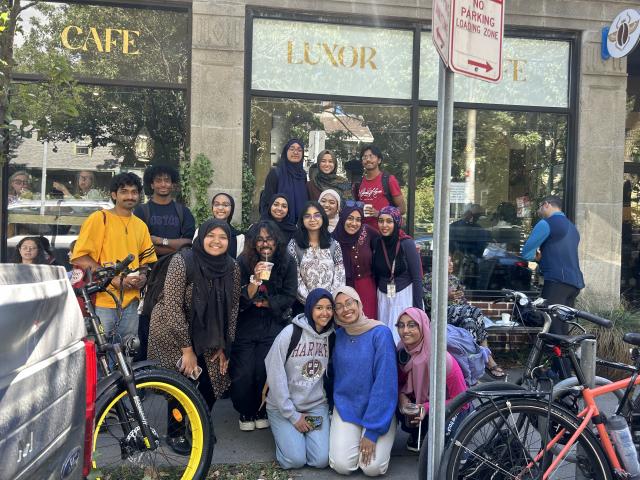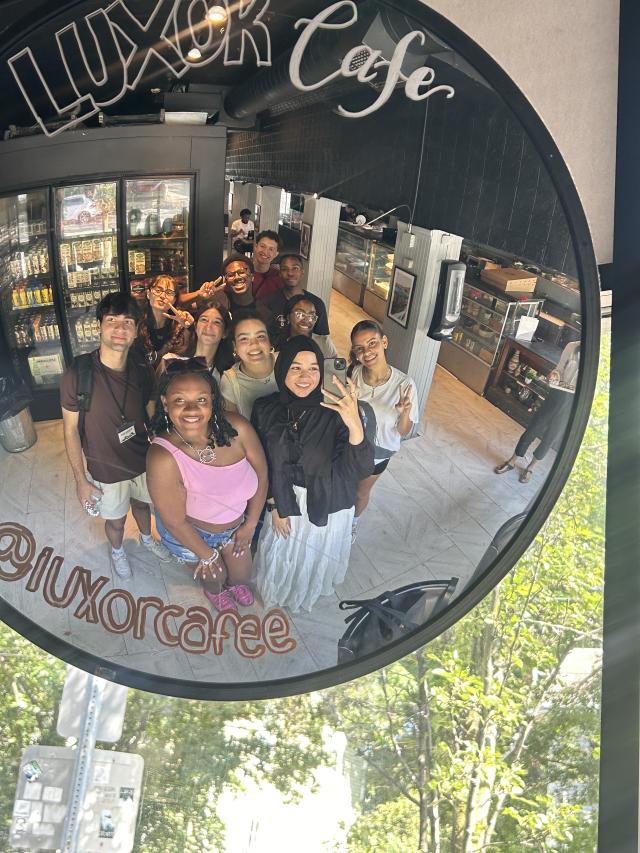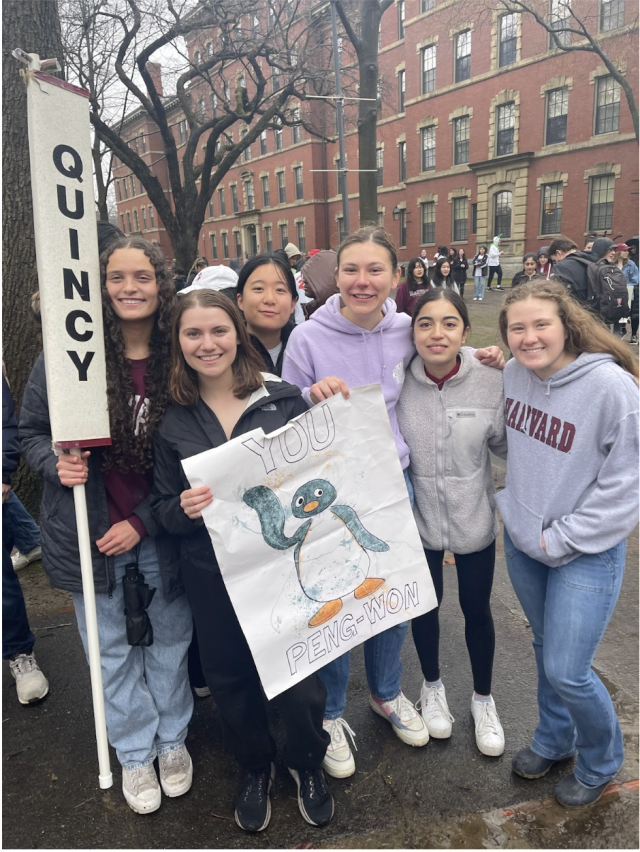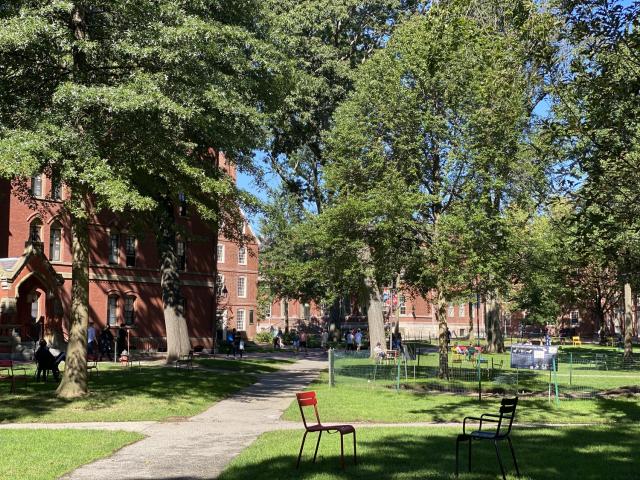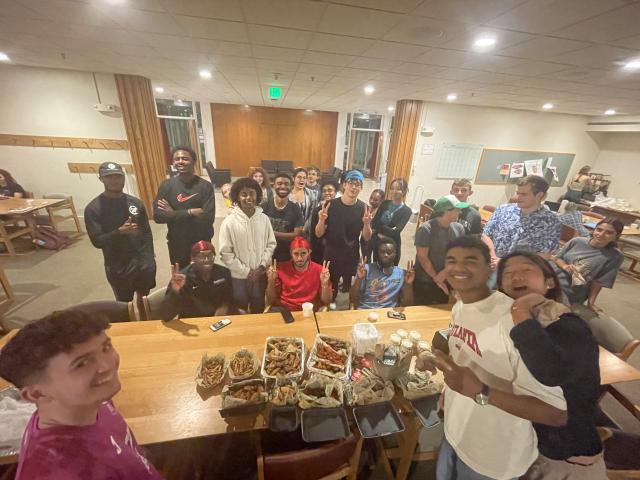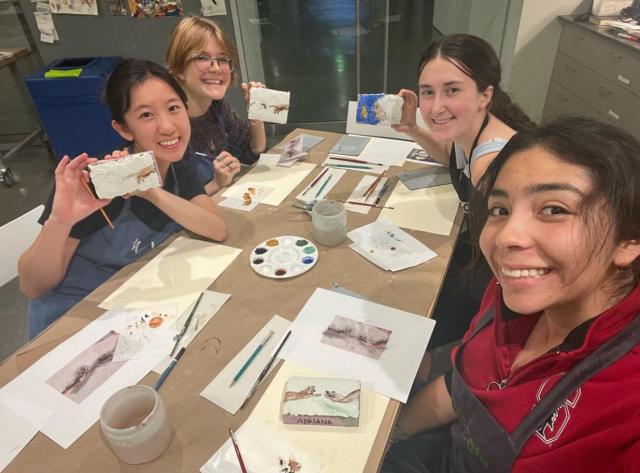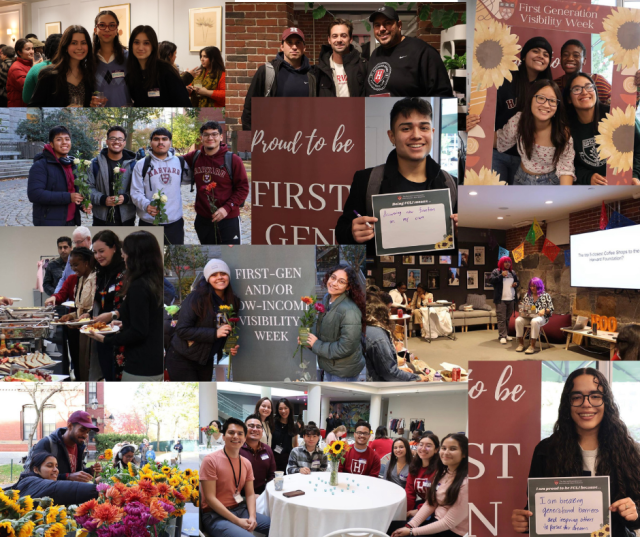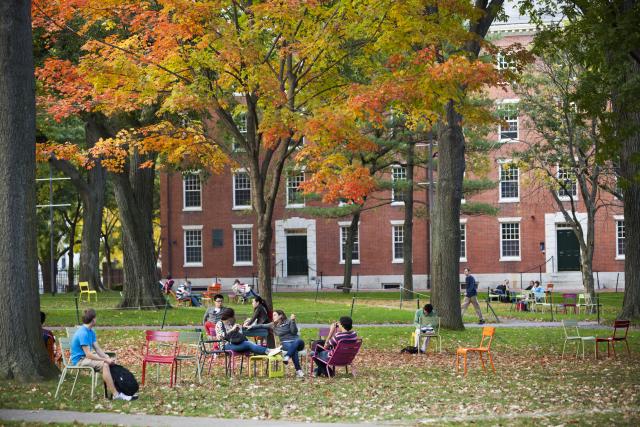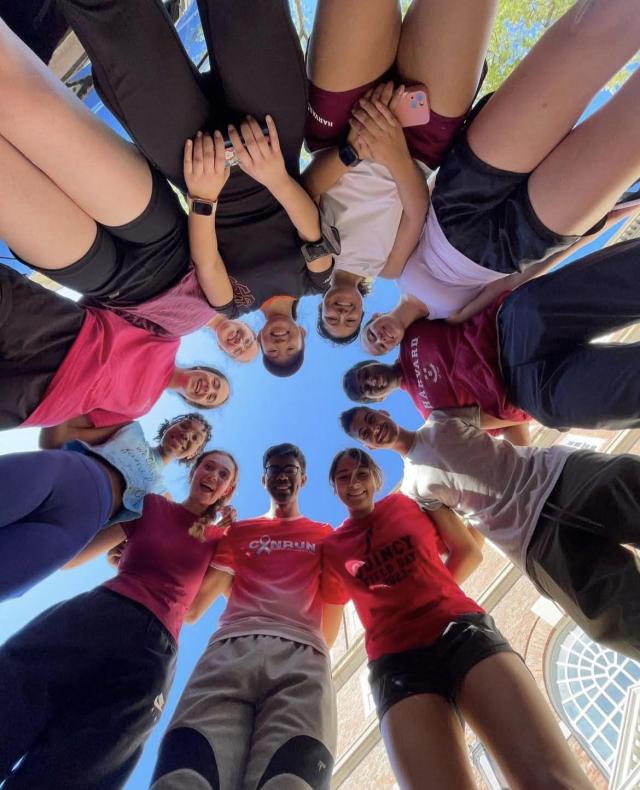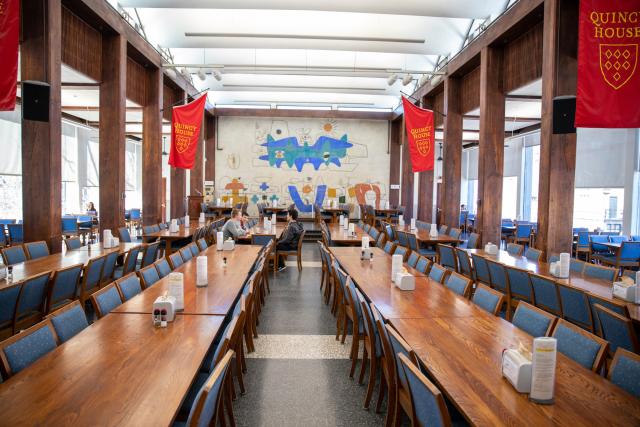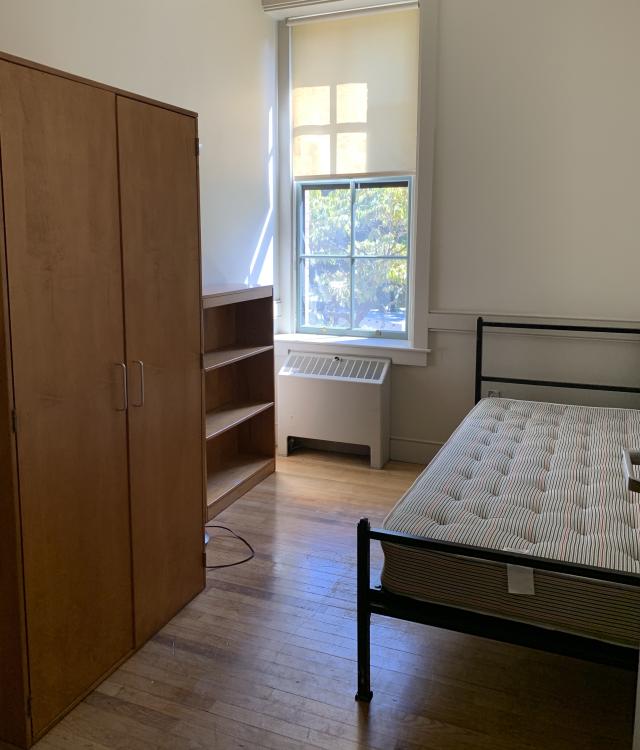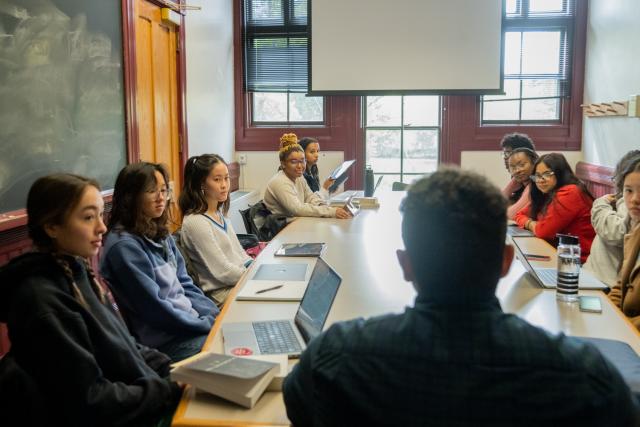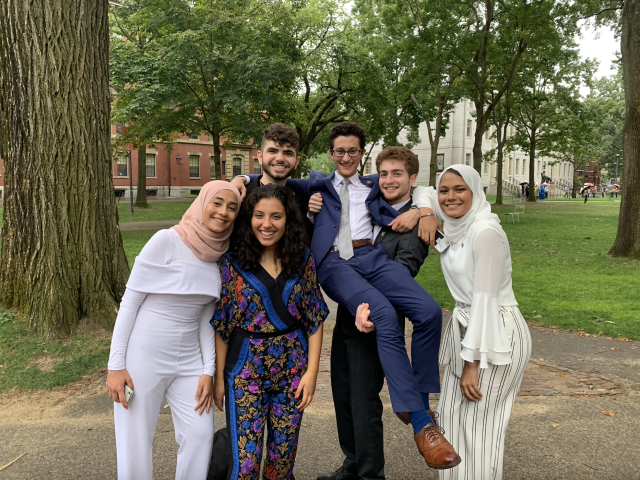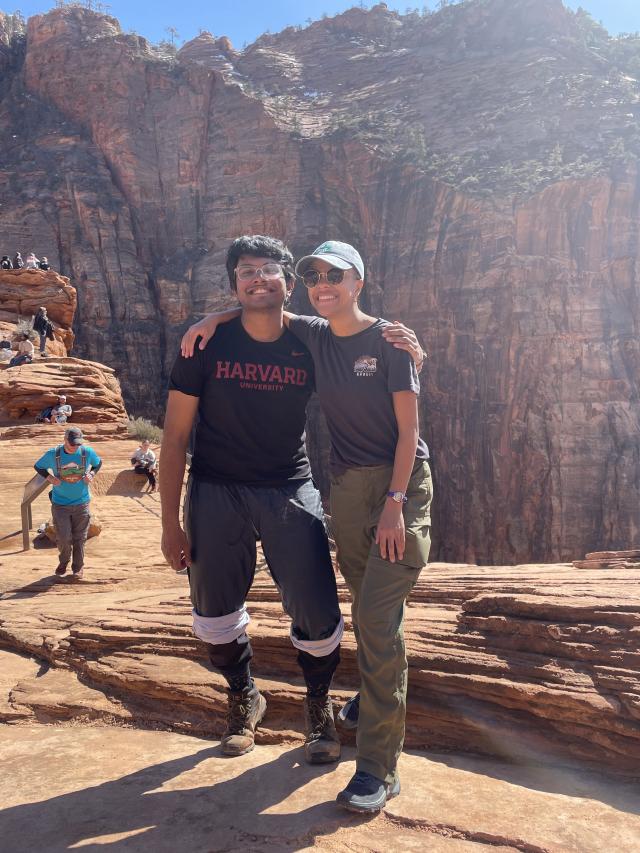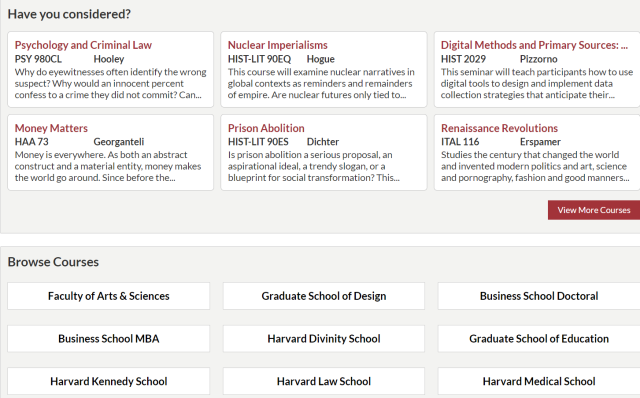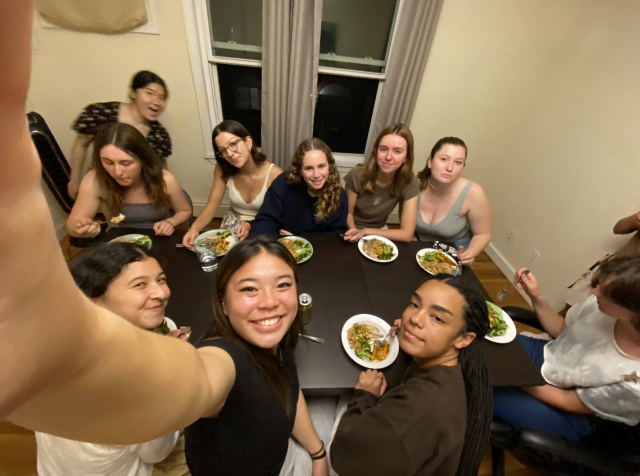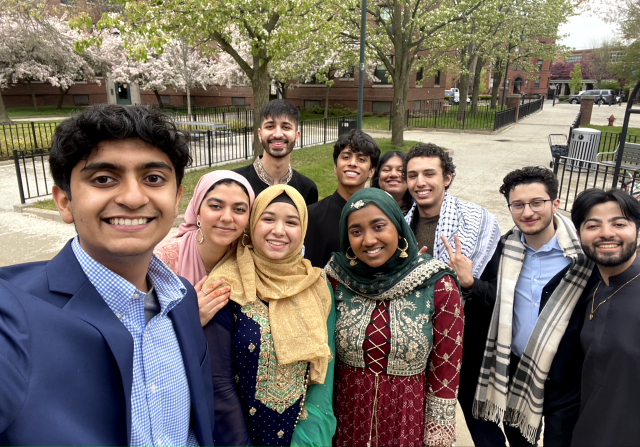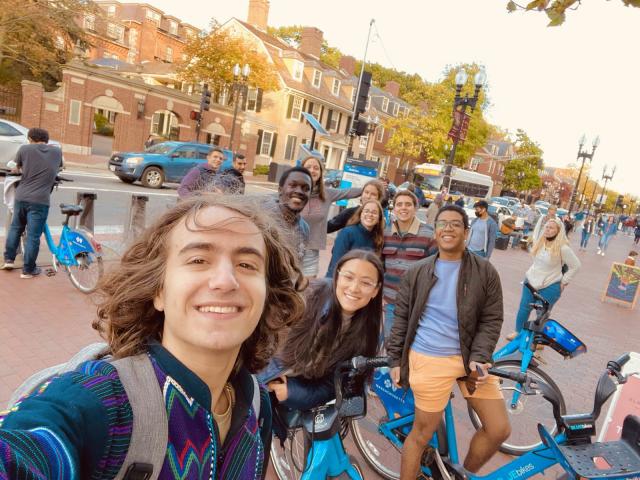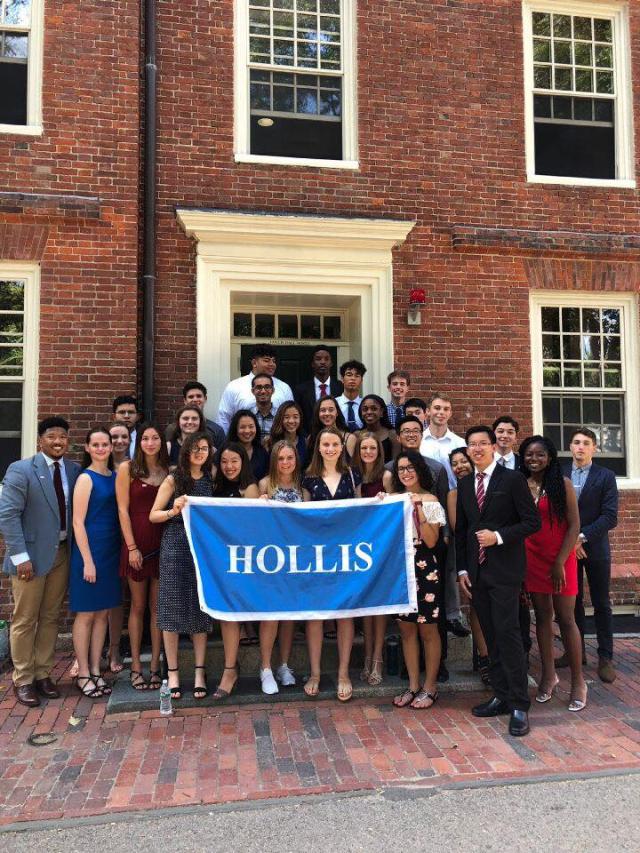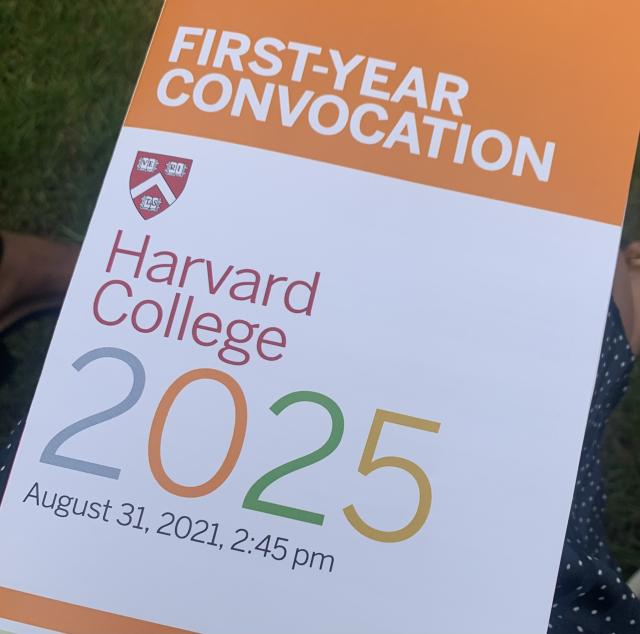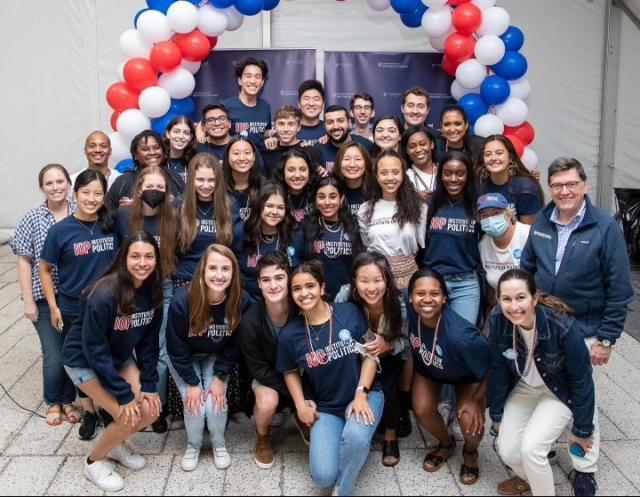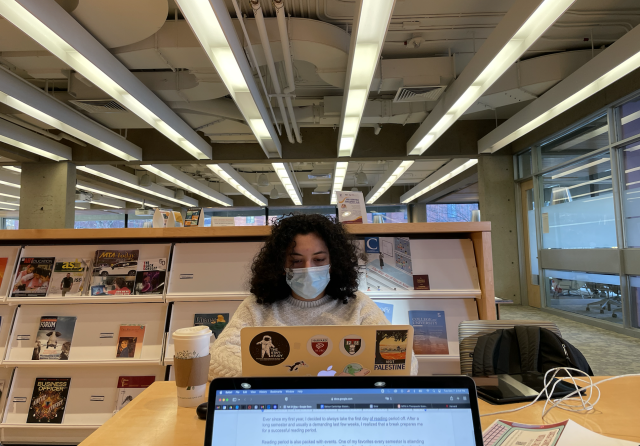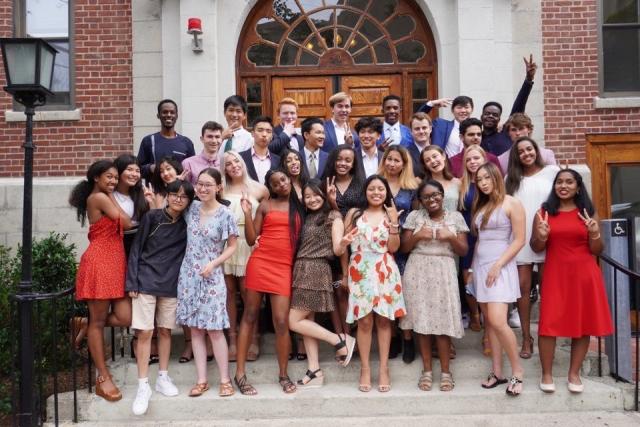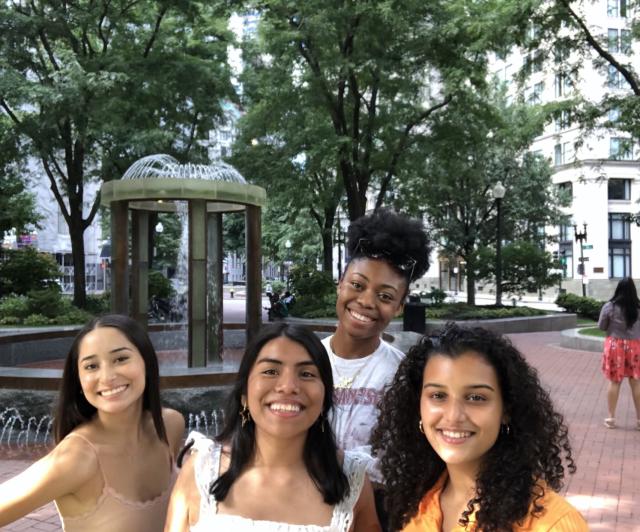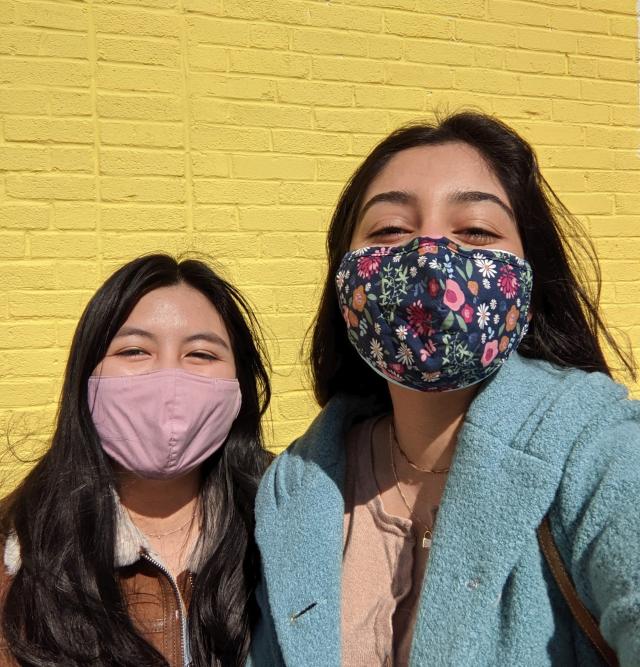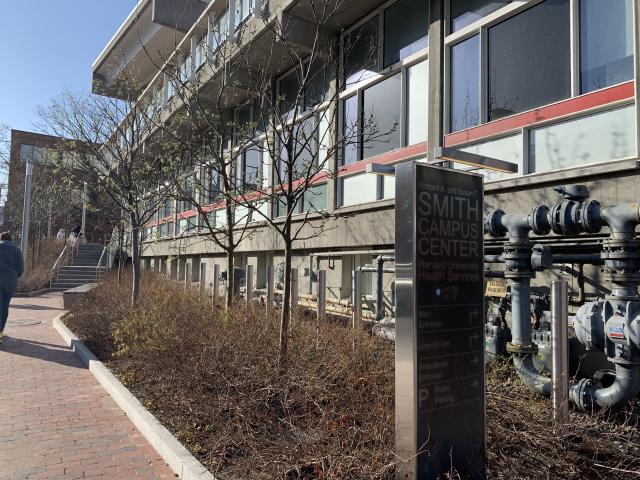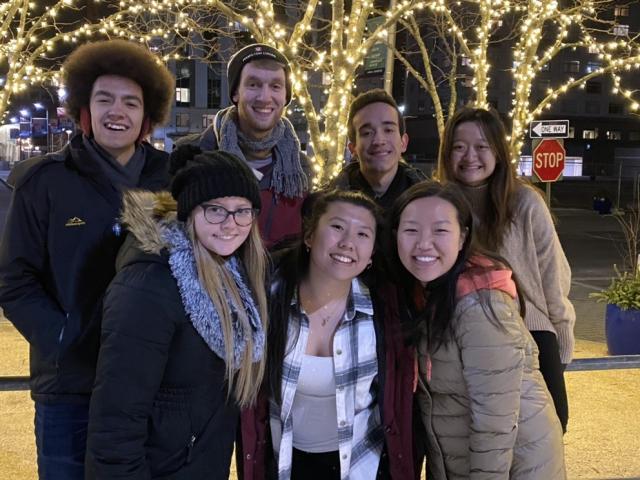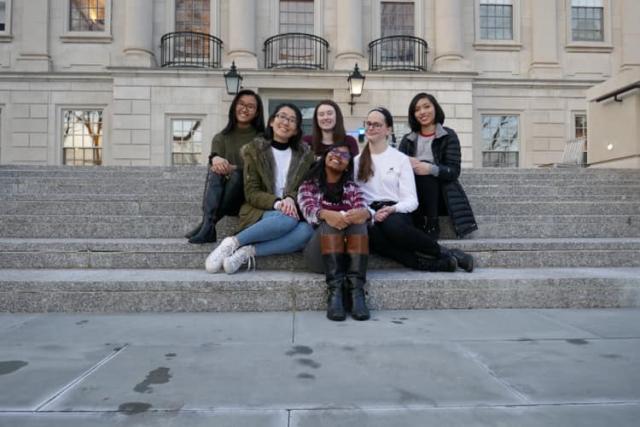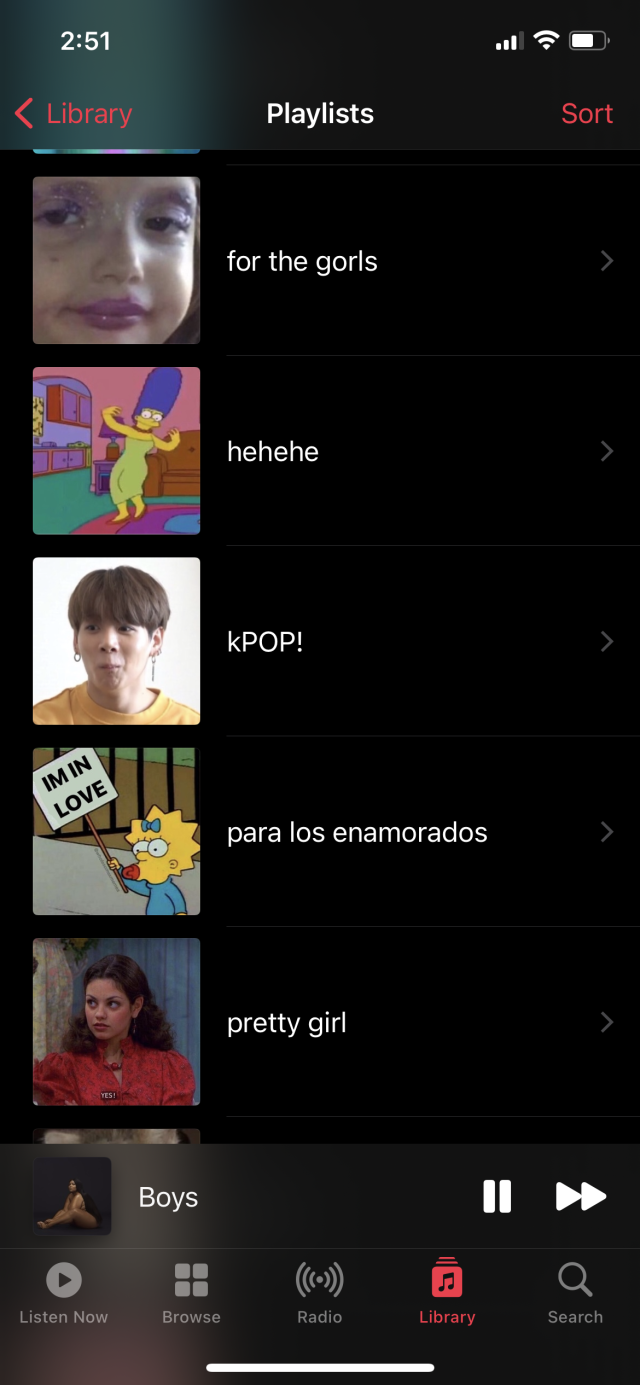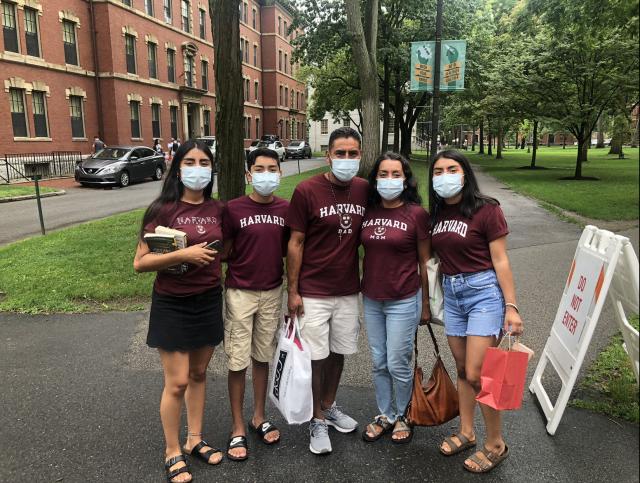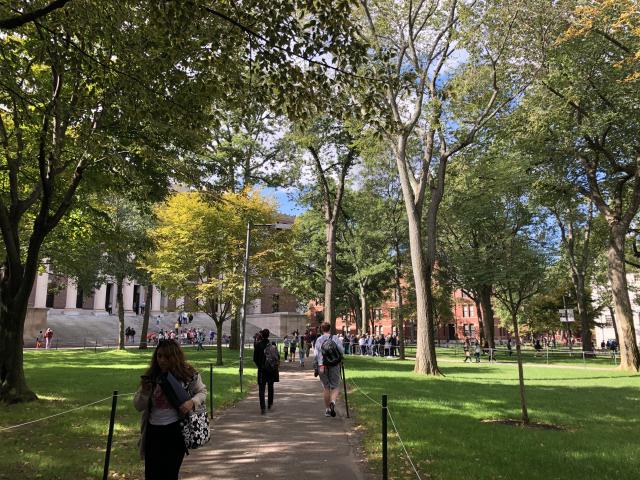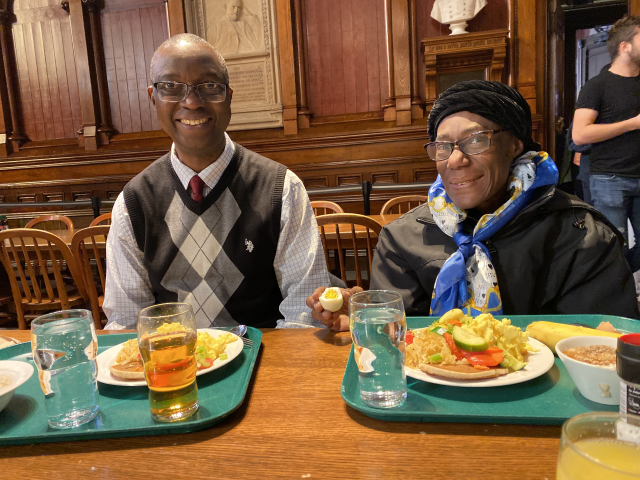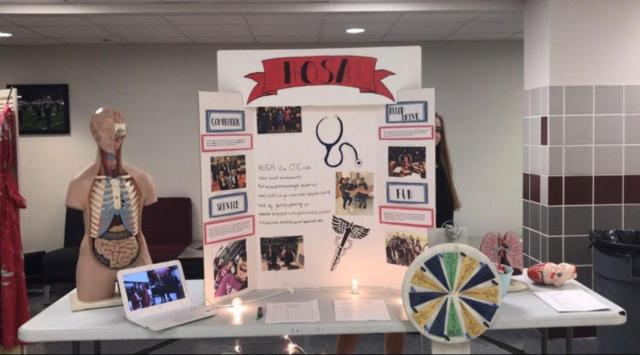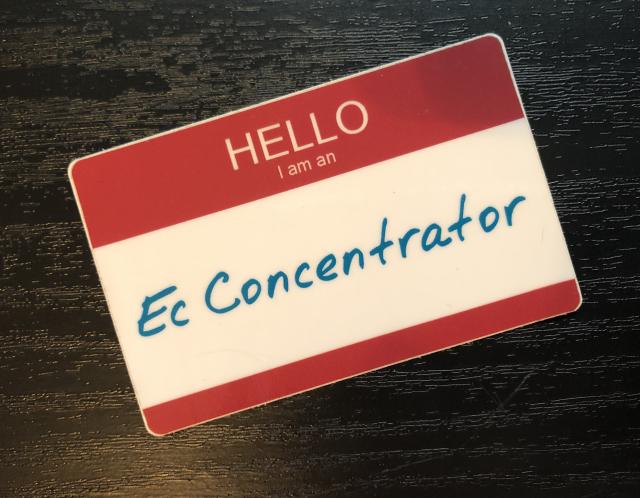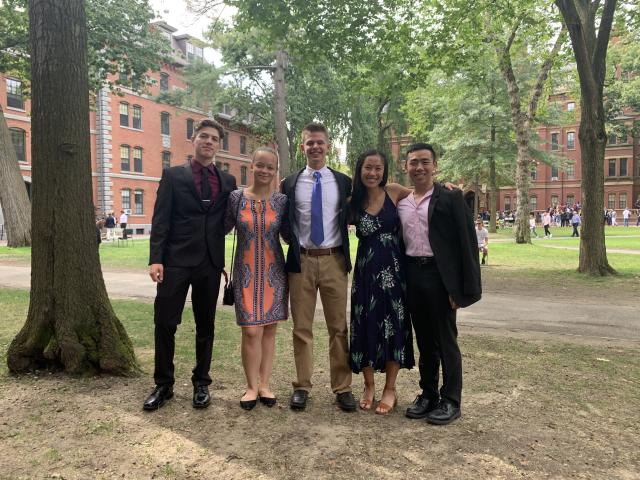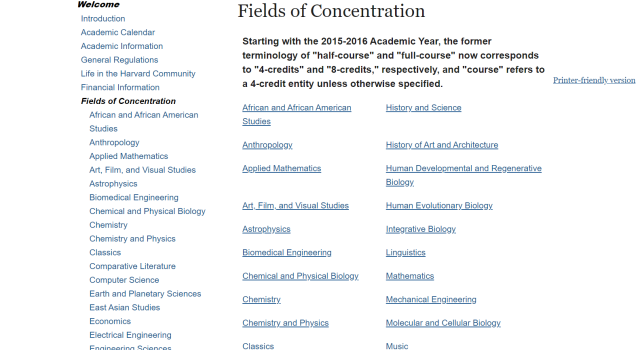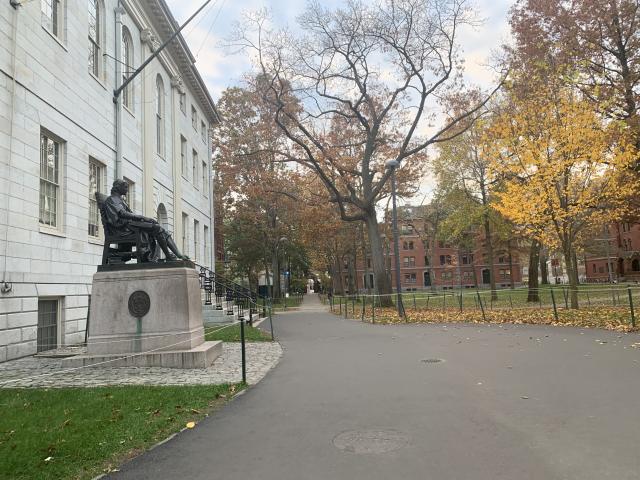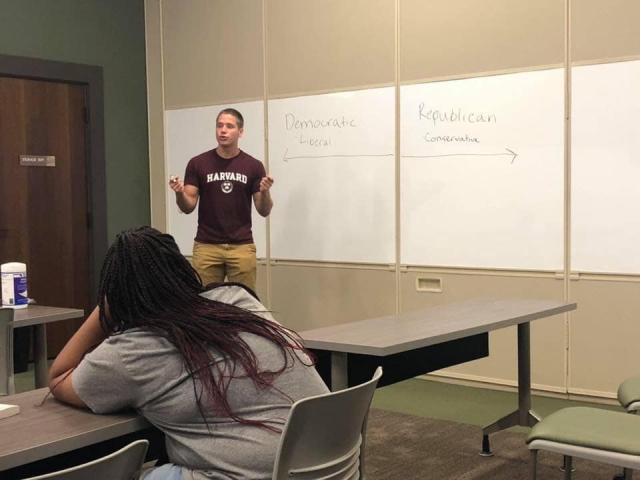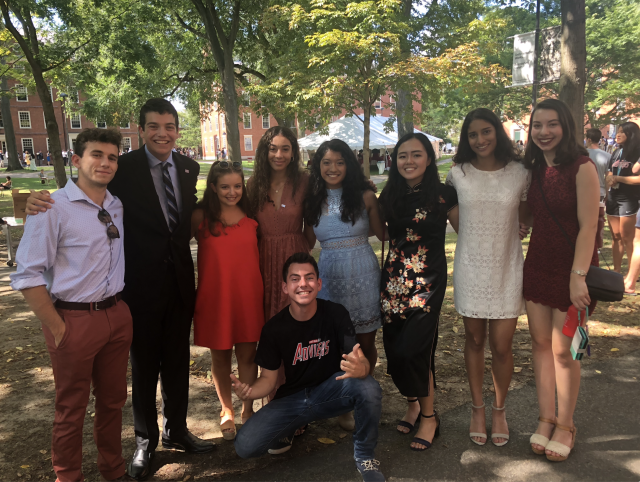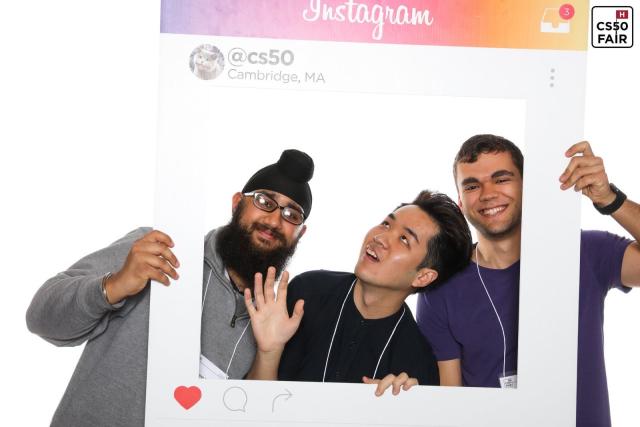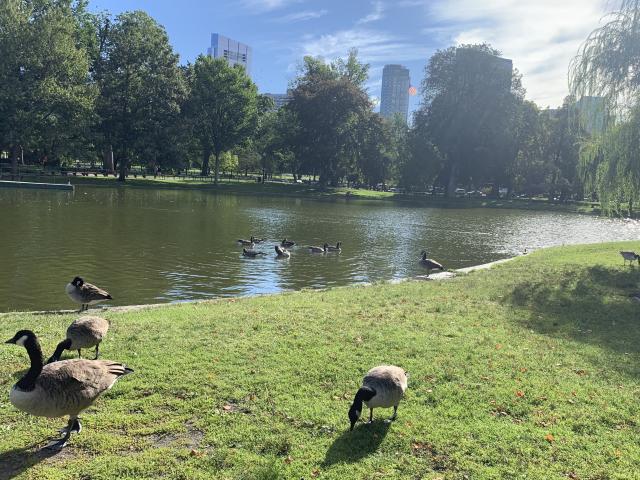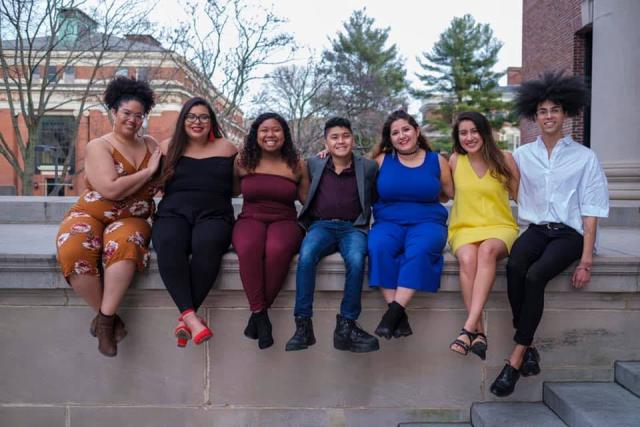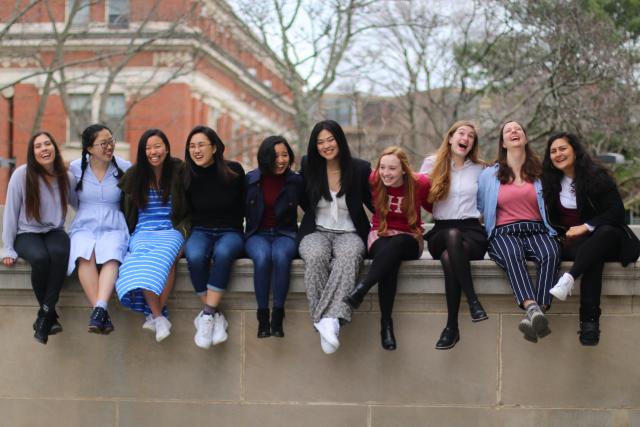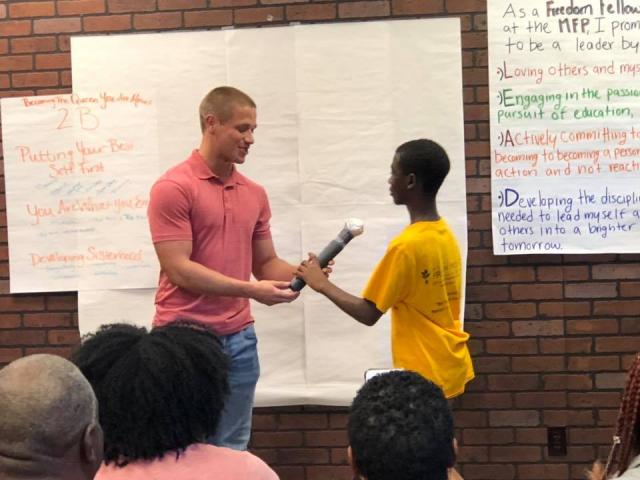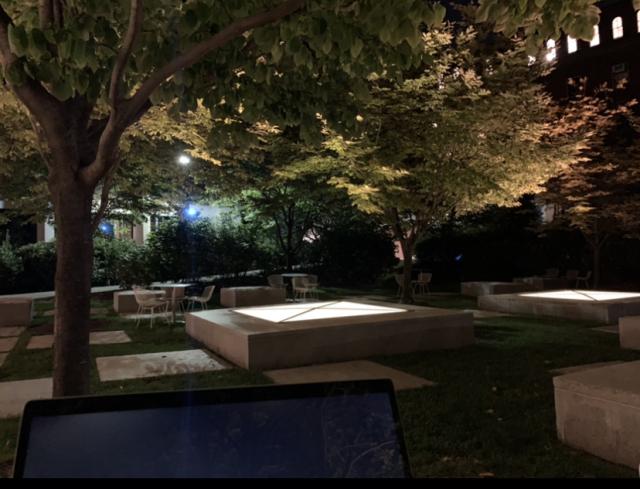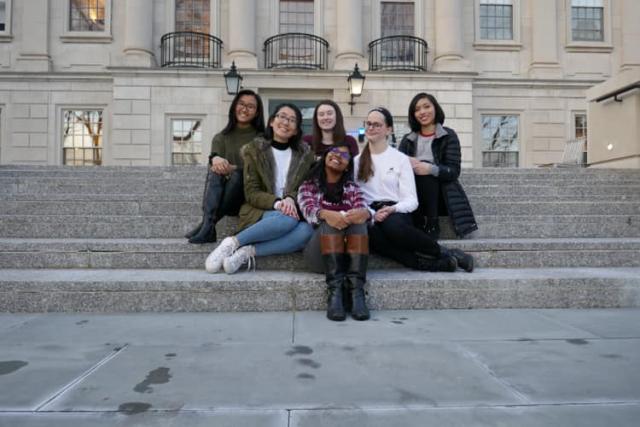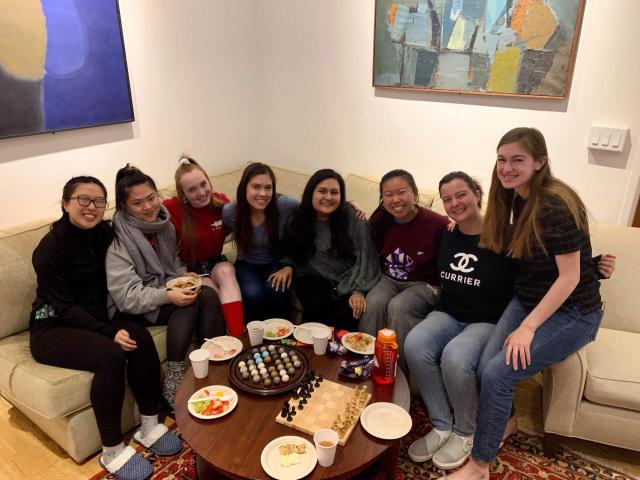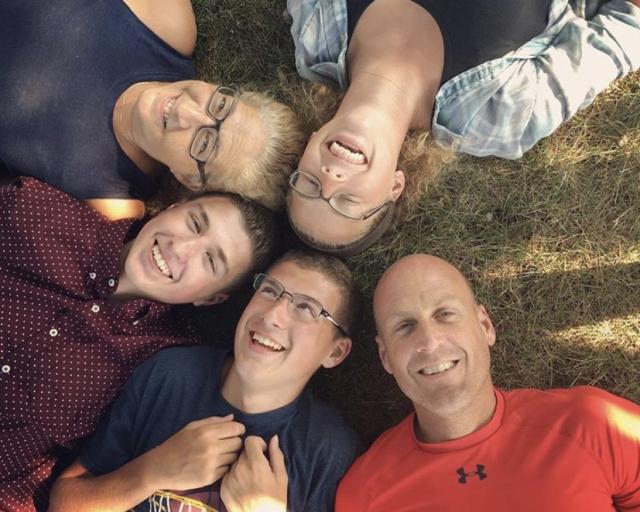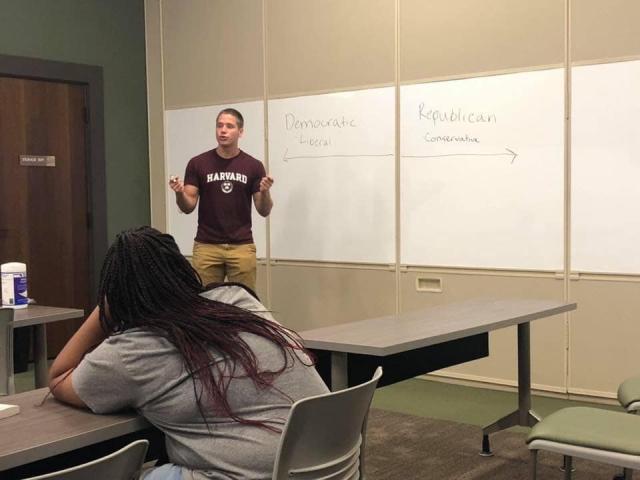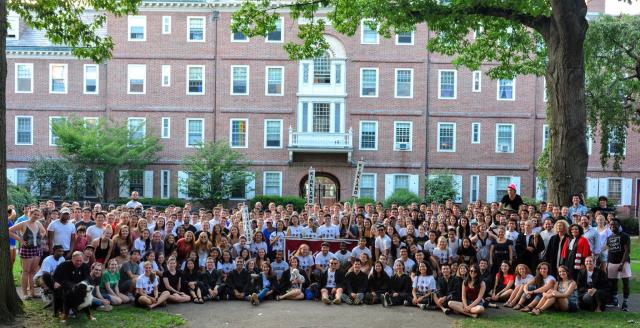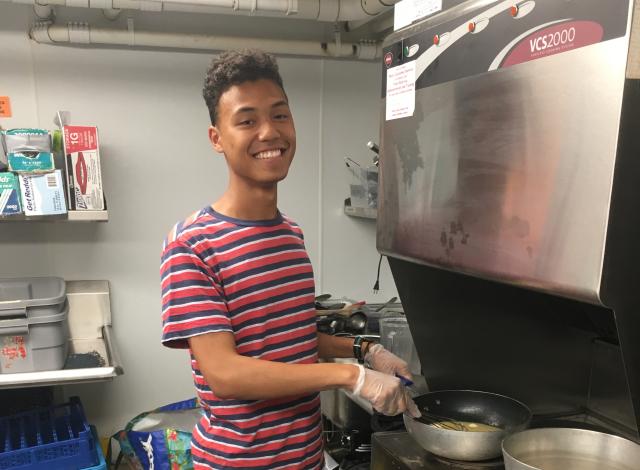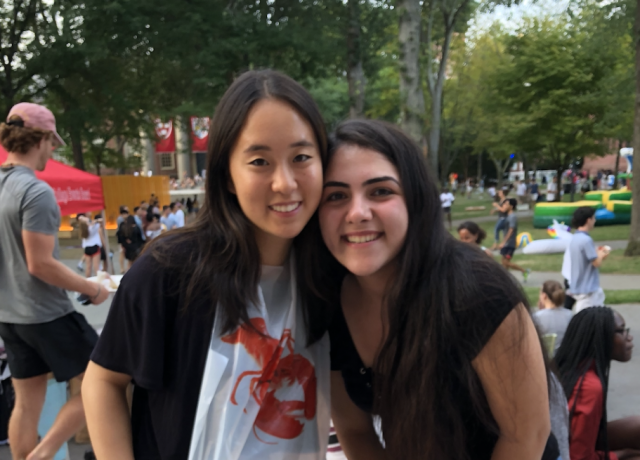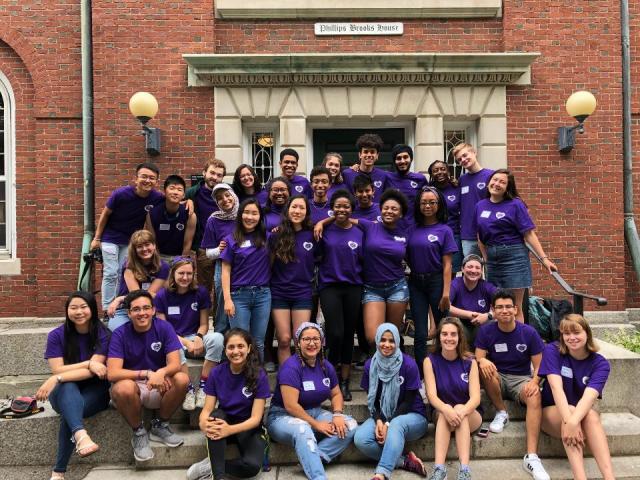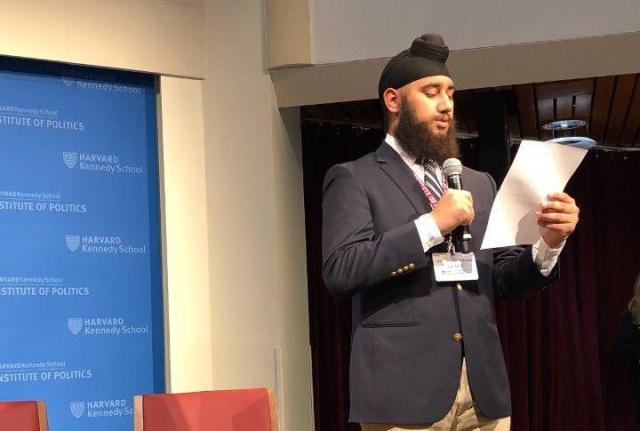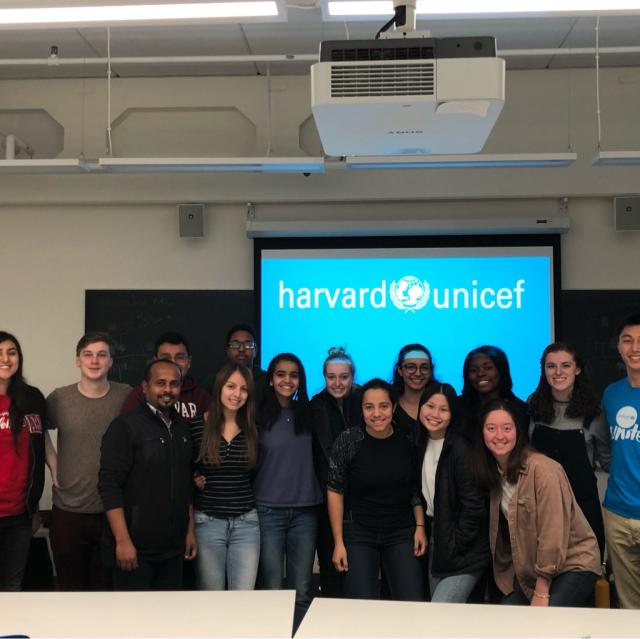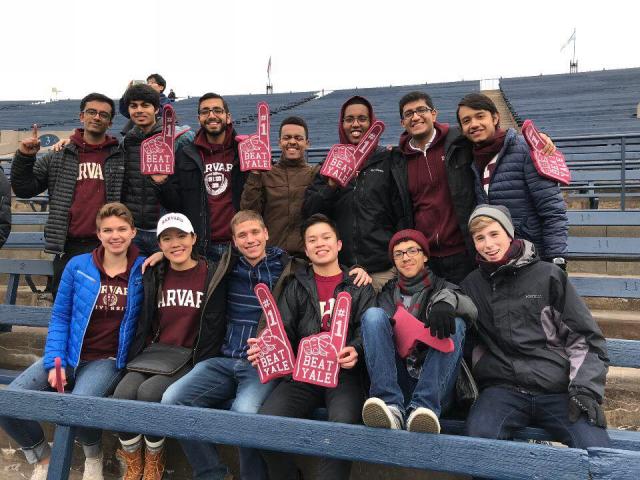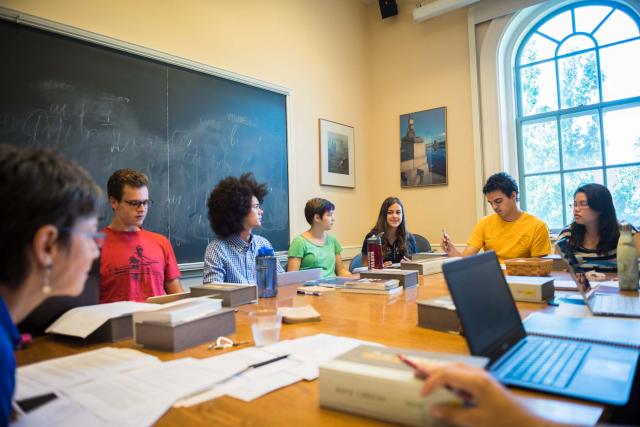After my first semester of adjusting to life at Harvard, I wasn’t absolutely sure that I also wanted to spend my summer away from home this year.
However, after chatting with a few of my older friends about all of the summer opportunities available as a Harvard student, I couldn’t wait to start my own search. At this point, I now know that I’ll be interning with Amnesty International in Washington D.C., but as someone who also wasn’t sure where to start as a first-year student, I’ve compiled a few tips for anyone who wants to have an amazing summer internship with Harvard’s help:

Amnesty International, the human rights advocacy organization I'll be interning for this summer. Photo Courtesy of Amnesty International USA
1. Start Early!
If you’ve already decided that you want to do an internship over the summer instead of studying abroad or even just going back home and taking the summer to recover after a tough year, I highly recommend starting early! When I first started considering summer opportunities, I decided to search over the long winter break, knowing how difficult it is to think about the summer during the actual semester. I highly recommend first taking a little time here and there during your break to thoroughly think about what your interests are. For me, I knew I was interested in community and public service, so I started searching various parts of Harvard that related to those interests. For example, I went to the Institute of Politics (IOP), where I learned more about the Director’s Internship, looked at the webpage for the Center for Public Interest Careers (CPIC), and even just searched through my emails for various opportunities sponsored by student organizations. Having done my search, I compiled a list of the internships I was most interested in.
2. Get to Know Professors!
For almost every internship application, you’ll be asked to submit either a reference letter or the names of references that the organization can contact. Some internship applications will accept high school references, but others may expect that your references are faculty or administrators at Harvard. For first-year students, this is a struggle, because you’ve only spent about a semester at Harvard before many of the summer applications come out and are due. This means that you should definitely try and get to know one or two of your professors or teaching fellows during your first semester, so when the time comes around, you can approach them for references without having to awkwardly explain who you are!
3. Craft Your Application to the Internship
After you’ve identified your desired internships, I highly recommend starting to work on your applications early so that you don’t get caught up during a busy semester! Specifically, I recommend doing a strategic search of the organizations that you’re applying to and crafting your application to them. This means making sure that your resume, which will likely be required of every organization you apply to, fits the description and requirements of the position. If, for example, part of your internship would be answering emails and posting on social media, it might be a good idea to include an activity that demonstrates experience with communicating on behalf of an organization using those platforms. The more you can highlight the experiences that make you a good candidate for the position, the more likely you’ll be called in for an interview! If you, like me, have never had a resume before, I highly recommend looking for resources on campus, like the Mignone Center for Career Success for example, that can help you build a professional resume and application.
4. Prepare for Interviews…Strategically
The interview stage can be extremely stressful for many, and if you aren’t necessarily someone who can think quickly on the spot, can seem like a lost cause. However, I recommend not only preparing for your interviews by reading up on the organization that you’re interviewing with and potentially familiarizing yourself with a few of their initiatives, but also preparing strategically. This means thinking about the types of questions you may be asked and loosely prepare a few responses. Be prepared to talk about the organization in a way that describes you, the organization, and how you and the organization are a good fit. Depending on the position, you also might be asked behavioral questions about how you would react in certain situations or what your biggest weaknesses are, so do a quick google search on common questions and have a few ideas in your ahead that you can develop during the interview.
5. The Extras: Food and Housing
Hopefully, at this point, you’ve secured an internship! However, depending on the internship, you may still have some work to do. Many internships, especially ones that are not affiliated with Harvard or on Harvard’s campus, do not offer food and housing as a part of the arrangement. Furthermore, some may be unpaid internships, and some of those may or may not come with stipends to cover some of these costs. First, I recommend making sure that you know whether these “extras” will be included with the internships during your search, because you may need to apply to other sources to get funding for them. Some organizations, like the IOP for example, will give funding to students who need financial help for an internship, but these applications close early so be sure to identify them! If you are receiving a stipend for food and housing, be sure to look for cheaper options for those costs! For example, going to D.C. will be expensive for me, but I searched everywhere for cheap and reasonable housing, including college campuses, Airbnb, and even Facebook. Food may also be expensive, so be sure to look for housing where you’ll have access to a kitchen and roommates (maybe from Harvard!) who can help split those costs.

The U.S. Capitol, which I will pass every day on my way to work in D.C.!
Overall, the resources that Harvard offers are amazing, and with a bit of strategic searching, can help you secure that awesome summer internship you always wanted!



